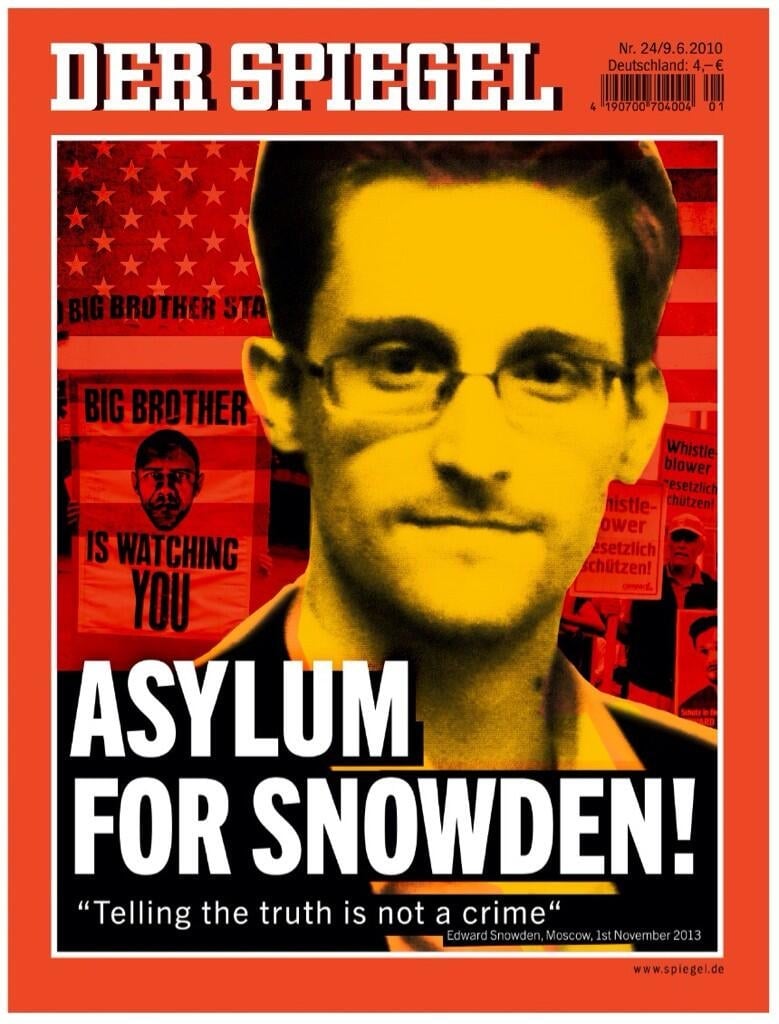Edward Snowden’s leaks could derail a $300 billion trans-Atlantic trade deal
Germany’s Der Spiegel has published a new manifesto by Edward Snowden, the former contractor for the US National Security Agency (NSA). In it, Snowden says the demands for intelligence reform that have arisen from his leaks about NSA surveillance justify his whistle-blowing. Needless to say, US officials still consider him a law-breaker and are ignoring his request for clemency. But the Germans are listening.

Germany’s Der Spiegel has published a new manifesto by Edward Snowden, the former contractor for the US National Security Agency (NSA). In it, Snowden says the demands for intelligence reform that have arisen from his leaks about NSA surveillance justify his whistle-blowing. Needless to say, US officials still consider him a law-breaker and are ignoring his request for clemency. But the Germans are listening.
The country’s citizens were more concerned about online privacy than Americans even before Snowden’s revelations. And they were especially piqued at the news that American intelligence targeted German chancellor Angela Merkel’s own phone.
Now, there is evidence that fears about the NSA’s wide net may disturb efforts to conclude the Transatlantic Trade and Investment Pact between the EU and the US, the world’s largest economies. Germany, which at the EU leaders’ summit a week ago had refrained from pushing for EU-wide data-protection rules, has reportedly changed its position (paywall). It is now pushing for privacy rules to be part of any new agreement with the US. This puts Germany at odds with European Community leaders in Brussels, who had hoped to avoid getting bogged down in controversy on their way to a deal.
The problem is that when the 28 countries of the EU approved a negotiating mandate for the trade deal, they didn’t include data protection in the framework. Inserting it at this point may require abandoning current talks and returning to square one, which could add significant delays to a deal its boosters hoped to conclude within a year. Even creating a parallel track for data talks could create additional sticking points for the negotiations.
Given the slow pace of intelligence reform in the US, the consequences of Snowden’s actions may have their first impact in an unexpected place: Not in Washington or Langley or Silicon Valley, but in Brussels.